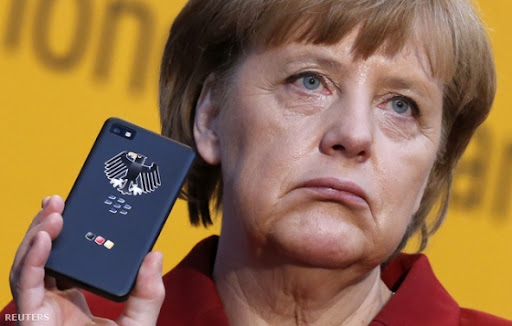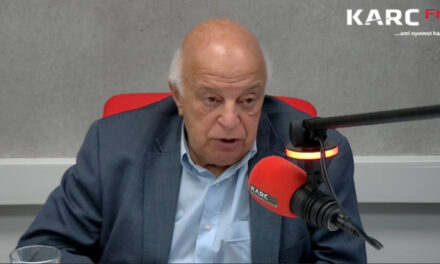"Chat control": voted by the EU, private conversations can be monitored by the public. The decision allows messaging service providers to search all private messages of individual citizens for suspected suspicious content and report them to the police.
A few weeks ago, the European Parliament quietly passed a ePrivacy Derogation , which allows e-mail and other messaging service providers to automatically scan each citizen's private messages for suspicious content and immediately report any found to the police. The European Pirate Party plans to take legal action in the matter. The decision related to the European law against child abuse was adopted by the European Parliament on July 6 with 537 votes, 133 against and 20 abstentions.
The Pirate Party also considers the decree worrisome, as its text itself admits that, according to a previous survey
72 percent of EU citizens opposed the general monitoring of their messages,
moreover, the police data show that in the majority of cases, innocent people come under criminal suspicion due to unreliable procedures.
In their statement, they point out that while service providers can initially decide whether or not to initiate investigations concerning messages, a further related decision is expected in the fall, which will oblige them to screen their users indiscriminately.
According to one of their Czech representatives, Marcel Kolaja:
"This will only result in criminals moving to platforms where it is technically impossible to monitor the chat. As a result, innocent people will be scouted every day, while the hunt for criminals fails.”
The European Commission has already announced a subsequent related regulation, which will make it mandatory for all e-mail and messaging service providers to monitor the messages exchanged by European citizens, according to the statement of the Pirate Party.
This would also affect providers that previously provided secure, encrypted messaging, such as Whatsapp or Signal.
During a public consultation conducted by the European Commission, it was revealed that 51 percent of respondents are against email and messaging service providers monitoring their chats. 80 percent of respondents do not want chat verification to be applied to encrypted messages as well.
Due to the resistance, EU Home Affairs Commissioner Ylva Johannson postponed the discussion of the proposal until September 2021.
( European Pirate Party / Weeks)
Featured image: Reuters













